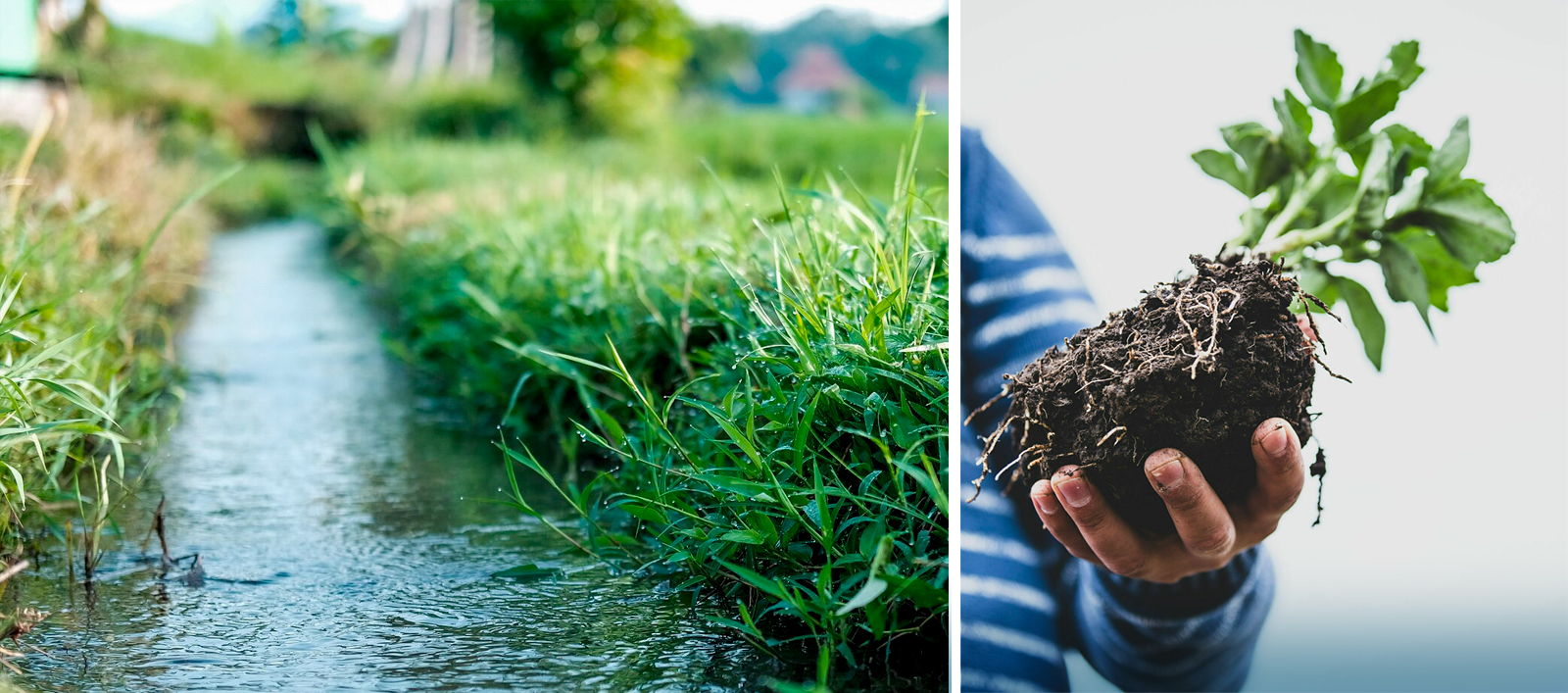Sustainable Water Management: A Comprehensive Analysis of Active Rainwater Harvesting Tenders Across States

Rainwater harvesting involves the collection and storage of rainwater for future use, targeting the efficient utilization of rainwater from surfaces like rooftops, catchment areas, and other locations. This process diverts rainwater to a storage system, enabling its application for various purposes such as irrigation, plant watering, toilet flushing, groundwater recharge, industrial uses, and even treated domestic consumption. This practice contributes to water resource conservation, reduces reliance on conventional water sources, and mitigates the impact of urbanization on local water systems. Various techniques for rainwater harvesting include surface runoff harvesting, channelizing runoff, using storage tanks and reservoirs, and promoting groundwater recharge.
Government entities and Public Sector Undertakings (PSUs) in India procure rainwater harvesting systems to tackle water challenges, boost water security, champion environmental sustainability, and foster the overall well-being and resilience of communities in the face of evolving climatic conditions. This study will analyze rainwater harvesting tenders released across different states in the past year, 2023. Out of over 8000 government agencies in India, 302 agencies published a total of 7660 tenders for rainwater harvesting systems. Notably, the Uttar Pradesh Minor Irrigation Department led with 739 tenders, followed by the West Bengal Directorate of Agriculture with 478 tenders, ranking highest among various states. Uttar Pradesh had a total of 967 tenders, West Bengal had 782 tenders, and Jammu and Kashmir secured the third position with 563 tenders.
Within the total of 7660 tenders, over 800 tenders were specifically advertised for irrigation purposes across different states. Rainwater harvesting plays a pivotal role in promoting sustainable and efficient irrigation practices. It empowers farmers to better manage water resources, minimize environmental impact, and increase the resilience of agriculture to the ever-changing climatic conditions. For instance, the Uttar Pradesh Minor Irrigation Department issued a tender for the construction of rooftop rainwater harvesting at Rajkiy Mahila Mahavidhyalay Gram Panchayat. Similarly, the Irrigation Public Health Department in Himachal Pradesh called for tenders to establish rainwater harvesting structures for water bodies, providing irrigation facilities to various villages.
Government agencies and Public Sector Undertakings (PSUs) have released over 180 tenders for the construction of rainwater harvesting systems in office buildings. As an example, the Department of Local Government Punjab issued a tender for the construction of a rain harvesting recharge well at the MC Moga office. Similarly, the Karnataka Directorate of Municipal Administration published a tender for rainwater harvesting work at the T. Narasipura TMC Office. Additionally, the Zilla Parishad in West Bengal invited a tender for the construction of rainwater harvesting at the GP Office in Chowberia under Chowberia-I GP, part of the Bongaon Panchayat Samity.
Numerous tenders for rainwater harvesting focused on industrial applications, highlighting its contributions to water conservation, cost-effectiveness, sustainable water management, and adherence to environmental standards. This approach offers industries a dependable alternative water source, diminishing their impact on local water resources and the environment. For example, the Rajasthan State Industrial Development and Investment Corporation issued a tender for constructing a Rainwater Harvesting System at the Neemrana Industrial Area. Similarly, the Bhadohi Industrial Development Authority in Uttar Pradesh published a tender for the construction of External Rainwater Harvesting Work at BIDA Mart.
Numerous tenders have been issued for the implementation of rainwater harvesting systems in school and hospital buildings. Rainwater harvesting within these institutions establishes a sustainable and local water source, promotes responsible water management, and contributes to educational and community engagement initiatives. This approach is in harmony with principles of environmental stewardship and enhances the overall well-being of both the institutions and the communities they serve. As an illustration, the Karnataka Directorate of Municipal Administration recently invited a tender to provide rainwater harvesting for GHPS Mavinakoppa, GHPS boys school in ward no 2, and the construction of a percolation pit for gray water at Govt High School. Similarly, Solapur RDD in Maharashtra called for a tender for rainwater harvesting at Kurdu school and anganwadi, along with the construction of a water supply scheme at anganwadi Kawalkhori Kurdu Tal Madha. Additionally, the Haryana Government published a tender for the construction of a rainwater harvesting system at the veterinary hospital in the village of Raichandwala.
A total of 92 percolation tank tenders were issued in the context of rainwater harvesting. Percolation tanks are pivotal elements within rainwater harvesting systems, functioning as essential structures for the controlled capture, storage, and release of rainwater. Their primary purpose is to facilitate groundwater recharge and mitigate the adverse effects of excessive runoff, thus contributing to the principles of sustainable water management. The percolation tank plays a crucial role in the overall rainwater harvesting process, specifically in enabling the natural percolation of water into the ground. As an illustration, the Pune CE Small Scale Irrigation Water Conservation recently invited a tender for the construction of a percolation tank at Nhavi Tal Indapur in the Pune district. Similarly, the Maharashtra DMA published a tender for the development of a percolation tank at Medha.
Numerous tenders were issued for the acquisition of structures designed for micro-watershed rainwater harvesting. A micro-watershed, denoting a limited-scale geographical region or a localized drainage basin, is specifically targeted for the purpose of collecting and managing rainwater. The practice of rainwater harvesting at the micro-watershed level involves the capture and utilization of rainwater within a defined and relatively small area. This approach allows communities to customize their water management strategies according to local conditions and requirements. For example, the Directorate of Soil Survey and Soil Conservation in Kerala released a tender for the development of micro-watersheds in the Thrithala constituency of Palakkad district.

As of January 17, 2024, there are currently 180 active tenders for rainwater harvesting systems in diverse states. Notably, West Bengal leads with 74 tenders, constituting 41% of the total. Following closely, Maharashtra has 36 tenders, while both Karnataka and Uttar Pradesh each have 17 tenders. Odisha is next with 16 tenders, followed by Kerala with 12 tenders, and Punjab with 8 tenders.
This analysis highlights a broad commitment to sustainable water management across diverse states. The substantial number of tenders signifies an increasing acknowledgment of the significance of rainwater harvesting and percolation tanks in addressing water challenges, promoting environmental sustainability, and fostering community well-being. These endeavors not only contribute to water conservation but also adhere to principles of responsible water utilization, resilience amid changing climatic conditions, and the overall improvement of water resources. The active involvement in tenders indicates a collaborative endeavor to forge a more water-secure and environmentally conscious future. Consequently, companies offering rainwater harvesting services actively monitor and participate in pertinent tenders.




